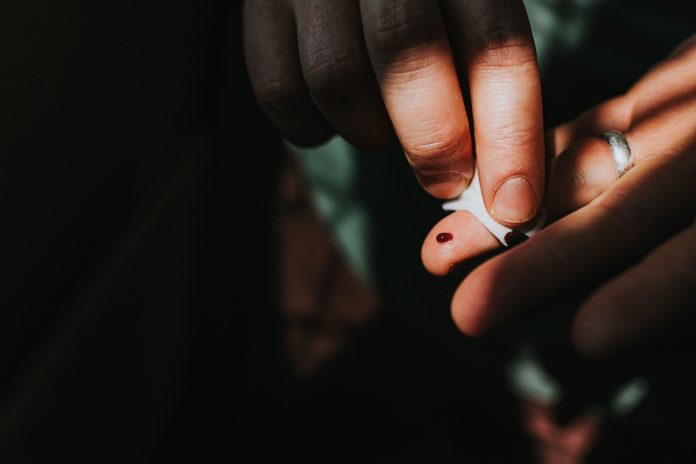
The FDA has approved the first drug, vorasidenib for patients with Grade 2 astrocytoma or oligodendroglioma with a susceptible IDH1 or IDH2 mutation. It is also the first drug approved for low grade gliomas in more than 20 years. Notably, the drug will allow more patients to delay the need for radiation and chemotherapy. Grade 2 gliomas are incurable brain tumors. IDH mutations are found in the vast majority of lower grade gliomas.
“The last drug that was approved for low grade gliomas was in 1999, so this will be the first new drug in a long time,” said Patrick Y. Wen, MD, director of the Center for Neuro-Oncology at Dana-Farber Cancer Institute and one of the trial’s three study chairs.
The approval opens the door to new options for patients. Trials are ongoing or planned investigating vorasidenib with immunotherapy and with standard radiotherapy and chemotherapy.
Vorasidenib (Voranigo, Servier Pharmaceuticals LLC) is an isocitrate dehydrogenase-1 (IDH1) and isocitrate dehydrogenase-2 (IDH2) inhibitor. It was approved for patients with Grade 2 gliomas with IDH1 or IDH2 mutations. Current treatment of Glioma involves surgery followed by radiation and chemotherapy, but after many years of treatment, patients may experience signs of cognitive dysfunction. Being able to delay radiation and chemotherapy could thus greatly improve patients’ quality of life.
“These patients are often young, in their 30s or 40s. But ten to twenty years later, even if they are doing well from the point of their tumor, they often show signs of dementia after radiation and chemotherapy,” said Wen. “If this medicine can delay the start of these treatments, it would delay cognitive dysfunction in patients and preserve their quality of life.”
The approval was based on evidence from the INDIGO clinical trial, a global phase III, in which vorasidenib more than doubled progression-free survival and delayed the need for treatment with radiation and chemotherapy for patients with Grade 2 IDH-mutant glioma after surgery. INDIGO was the first phase III clinical trial of a molecularly targeted therapy for IDH-mutant glioma.
“The INDIGO trial shows that IDH inhibitors can work in low grade gliomas with the IDH mutation,” says Wen.
The INDIGO trial enrolled 331 patients with Grade 2 IDH-mutated gliomas who had undergone surgery to remove the tumor. Patients who enrolled did not immediately need radiation and chemotherapy and instead were in a watch-and-wait period. During this time, they were randomized to take either vorasidenib or placebo.
Patients taking vorasidenib had a median of 27.7 months progression-free survival compared to 11.1 months for patients taking a placebo. The time to next treatment for patients taking the placebo was 17.8 months. The drug also had a manageable safety profile.
“The trial found no difference in quality of life compared with placebo,” says Wen. “Tolerability is important because this is a drug that we expect people to be on for many years.”









![Best Weight Loss Supplements [2022-23] New Reports!](https://technologytangle.com/wp-content/uploads/2022/12/p1-1170962-1670840878.png)




